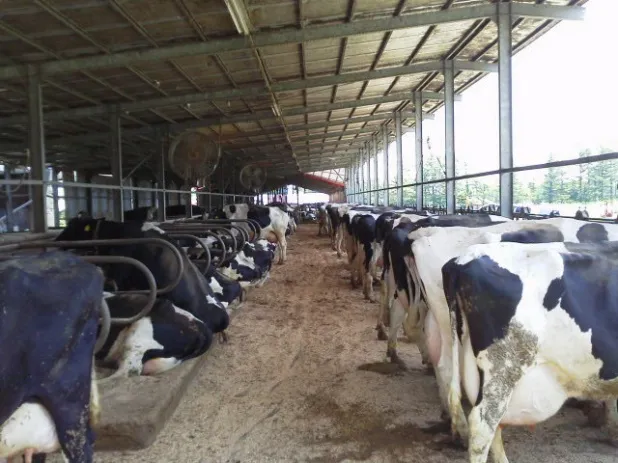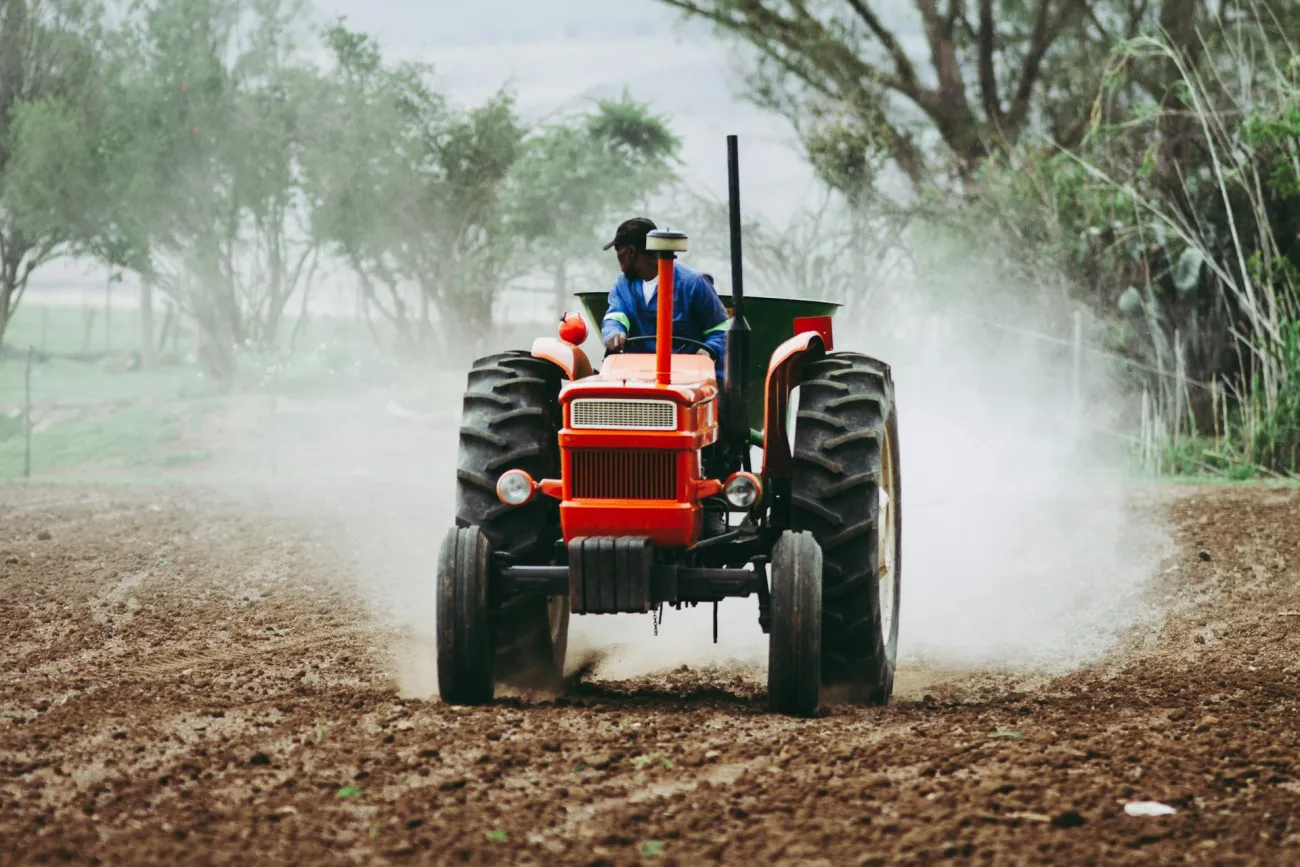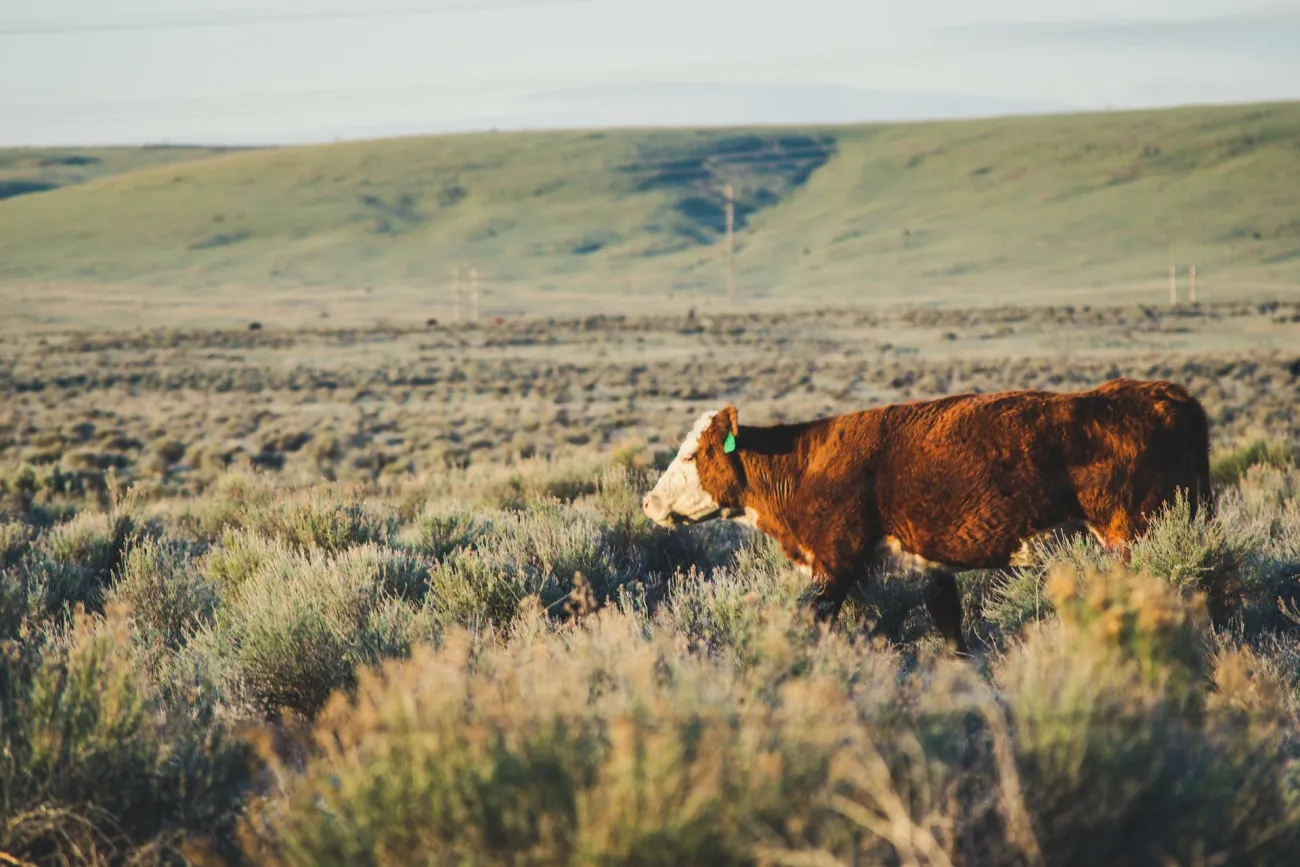On October 28 2015 the European Parliament voted for binding targets on emissions of air pollutants with specific targets set for 2020, 2025 and 2030. The bill originally included ammonia and methane (CH4) among other air pollutants – but the Members of the European Parliament (MEPs) voted to exempt enteric methane emissions (emissions directly from farmed animals) from the bill. Setting targets for enteric methane was instead postponed to 2030, to give the agriculture sector time to adapt.

The National Emission Ceilings (NEC) Directive sets limits for different types of air pollution in each EU nation. The MEPs voted in plenary to accept or reject a revised Directive that would set new limits for different types of air pollutants. The revised Directive suggested a new cap on six major pollutants - nitrogen oxides (NOx), particular matter (PM2.5), sulphur dioxide (SO2), methane (CH4), ammonia (NH3) and non-methane volatile organic compounds. According to UK MEP Julie Girling, the Parliament has agreed that nitrogen oxides must be dealt with urgently. NOx emissions are linked to soil management and fertilising, while livestock are a key source of methane emissions.
This decision might seem surprising since EU leaders had already in October 2014 agreed on a target of at least a 40% reduction in greenhouse gases by 2030, compared to 1990 levels. That commitment is the cornerstone of the EU bloc’s negotiating position at the upcoming UN Climate Change Conference in Paris. In July 2015, the Parliament’s Environment Committee also backed stronger air pollution targets than the Commission’s original proposal but it met with resistance from the Agriculture Committee who called for the methane and ammonia targets to be dropped from the legislation.
In an article by CNBC the resistance among farmers in Europe to introducing new caps on pollutants from meat and dairy farming was discussed. Farm lobbyists including the European Dairy Association (EDA) and Copa-Cogeca, a European farming cooperative, have openly opposed the Directive, saying it would force farmers to cut production levels, shift farming to countries outside the European Union “where emissions are worse”, and ultimately curb growth. The criticism by Europe’s farming lobby is highlighted in another article by Euractiv where the lobby is also described to have called for more “realistic targets” before the vote.
Read more about the debates earlier in 2015 here. You can find further coverage of the new vote here, here and here.
Read more about food and agriculture policy, EU policy, methane, livestock and climate change: mitigation.




Comments (0)